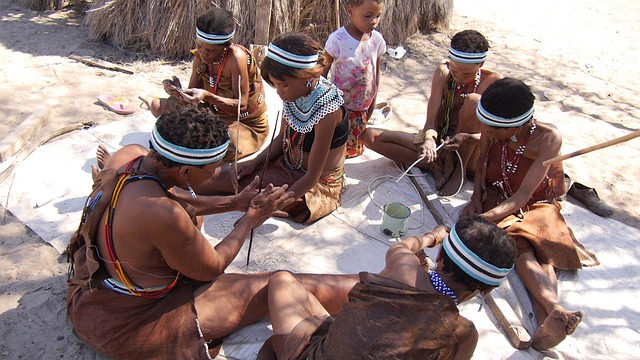One of the important aspects of a growing movement is that it becomes indigenous. Disciples are free to live out the gospel message in a contextual way. What does the word indigenous mean and how can we contextualize without going too far? Miriam Webster defines indigenous as: produced, growing, living, or occurring naturally in a …
